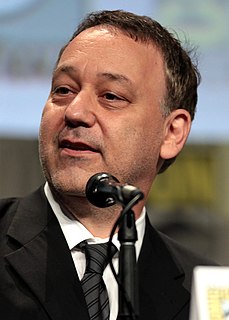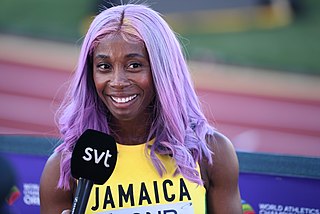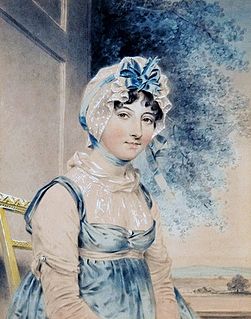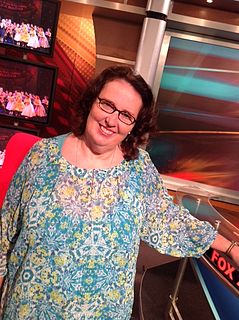A Quote by Ai Weiwei
My mother became much older when I came out (ed's note: of detention). She had problems with her hearing and high blood pressure. But they still support me.
Related Quotes
At that moment a very good thing was happening to her. Four good things had happened to her, in fact, since she came to Misselthwaite Manor. She had felt as if she had understood a robin and that he had understood her; she had run in the wind until her blood had grown warm; she had been healthily hungry for the first time in her life; and she had found out what it was to be sorry for someone.
My mother didn't feel sorry for herself, she was left with no child support, no alimony at a very young age, with a child to raise, a high school education and she just figured it out. She didn't complain, she didn't rely upon government, she relied upon her own skill set, her own self confidence, her own drive in moxie and her own duty to me and her and she relied upon her family and her faith.
It started when she passed me a note in English class. The note said you don't seem as awful as I hear you are. I passed one back that read: beware I am as awful as people say and worse. She laughed and I had a friend. She didn't become my Ally and I didn't ask her to or want her to but she became my friend and that was more than anyone else was willing to do.
The idea of the book ["The Japanese Lover"] came in a conversation that I had with a friend walking in the streets of New York. We were talking about our mothers, and I was telling her how old my mother was, and she was telling me about her mother. Her mother was Jewish, and she said that she was in a retirement home and that she had had a friend for 40 years that was a Japanese gardener. This person had been very important in my friend's upbringing.
My mother took too much, a great deal too much, care of me; she over-educated, over-instructed, over-dosed me with premature lessons of prudence: she was so afraid that I should ever do a foolish thing, or not say a wise one, that she prompted my every word, and guided my every action. So I grew up, seeing with her eyes, hearing with her ears, and judging with her understanding, till, at length, it was found out that I had not eyes, ears or understanding of my own.
My mother hid the struggle from us children. She complained about her salary, and she had a tough time. Although she became a headmistress, she still had to do a lot of sewing. The more I think about her, the more remarkable I realise she was. And she understood straight away when I said that I wanted to write.
I didn't write about my mother much in the third year after she died. I was still trying to get my argument straight: When her friends or our relatives wondered why I was still so hard on her, I could really lay out the case for what it had been like to be raised by someone who had loathed herself, her husband, even her own name.
My mother grew up in abject poverty in Mississippi, an elementary school dropout. Yet, with the support of women around her, she returned to school and graduated as class valedictorian - the only one of her seven siblings to finish high school. She became a librarian and then a United Methodist minister.







































